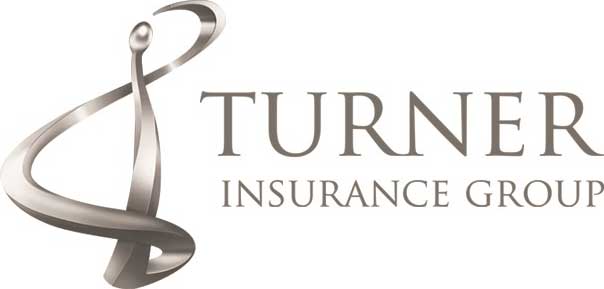Construction Legal Disputes Likely to Increase in 2021
While many organisations have high hopes that the new year will be an improvement compared to 2020, it is important to understand new challenges looming in 2021. One of these hurdles is a projected rise in contractual disputes.
The Construction Leadership Council (CLC) has projected that disputes are likely to increase due to the difficulties and delays caused by the coronavirus pandemic throughout most of last year. These disputes may call for entitlements for additional time to complete projects. There may be contention with regard to financial losses and other expenses related to projects affected by the pandemic.
According to the CLC’s research, the second and third quarters of 2020 consisted of increased collaboration between parties amidst the crisis. However, commercial behaviour may become more contentious in the future for a number of reasons, such as increasingly complex disputes and tightening cash flow. The council expects that parties will begin to put greater emphasis on increasing insolvency, managing existing contracts and having extensive discussions regarding risk allocation for new contracts.
Firms are advised to be diligent in their record-keeping. If a dispute is brought against an organisation, it will be best positioned to negotiate if it has evidence to prove the extent to which the pandemic affected the project, as well as the actions that were taken in order to minimise the losses. Furthermore, organisations should prioritise implementing the proper contingencies and precautions to limit any further delays or losses related to the pandemic.
With firms already having to adjust to Brexit and manage the potential end of certain government support programmes, the expected rise in legal disputes may even further exacerbate financial stress. As such, it is of the utmost importance that organisations are diligent in managing any current disputes, while also minimising their risk for any future issues.
Manufacturing – Understanding Possible Challenges Following Brexit
Although the UK and EU managed to finally reach a trade agreement only one week before the Brexit transition period was set to expire, the deal has not necessarily alleviated all concerns for manufacturers. A recent survey conducted by Make UK and PricewaterhouseCoopers (PwC) shows that 48 per cent of employers expect conditions in the manufacturing industry to either moderately or significantly improve in 2021.
However, there are a number of specific factors that respondents were less optimistic about, including:
- Thirty-three per cent of respondents believe that the UK will become less appealing to international talent, compared with 11 per cent who believe the UK will become more appealing.
- Twenty-six per cent of respondents believe exports to the EU will decrease, while 16 per cent expect an increase.
- Thirty-three per cent of respondents believe that leaving the EU will reduce investment prospects for UK firms, compared to 18 per cent, who expect prospects to increase.
The Make UK and PwC survey also included findings regarding firms’ biggest concerns in a post-Brexit world, such as:
- Customs delays—47 per cent
- Increased costs of regulation—39 per cent
- Relocation of a major client out of the UK—14 per cent
Manufacturing is among the sectors most likely to see significant challenges stemming from Brexit. By understanding what issues are expected to be most difficult, employers may be able to better prepare themselves for the future.



